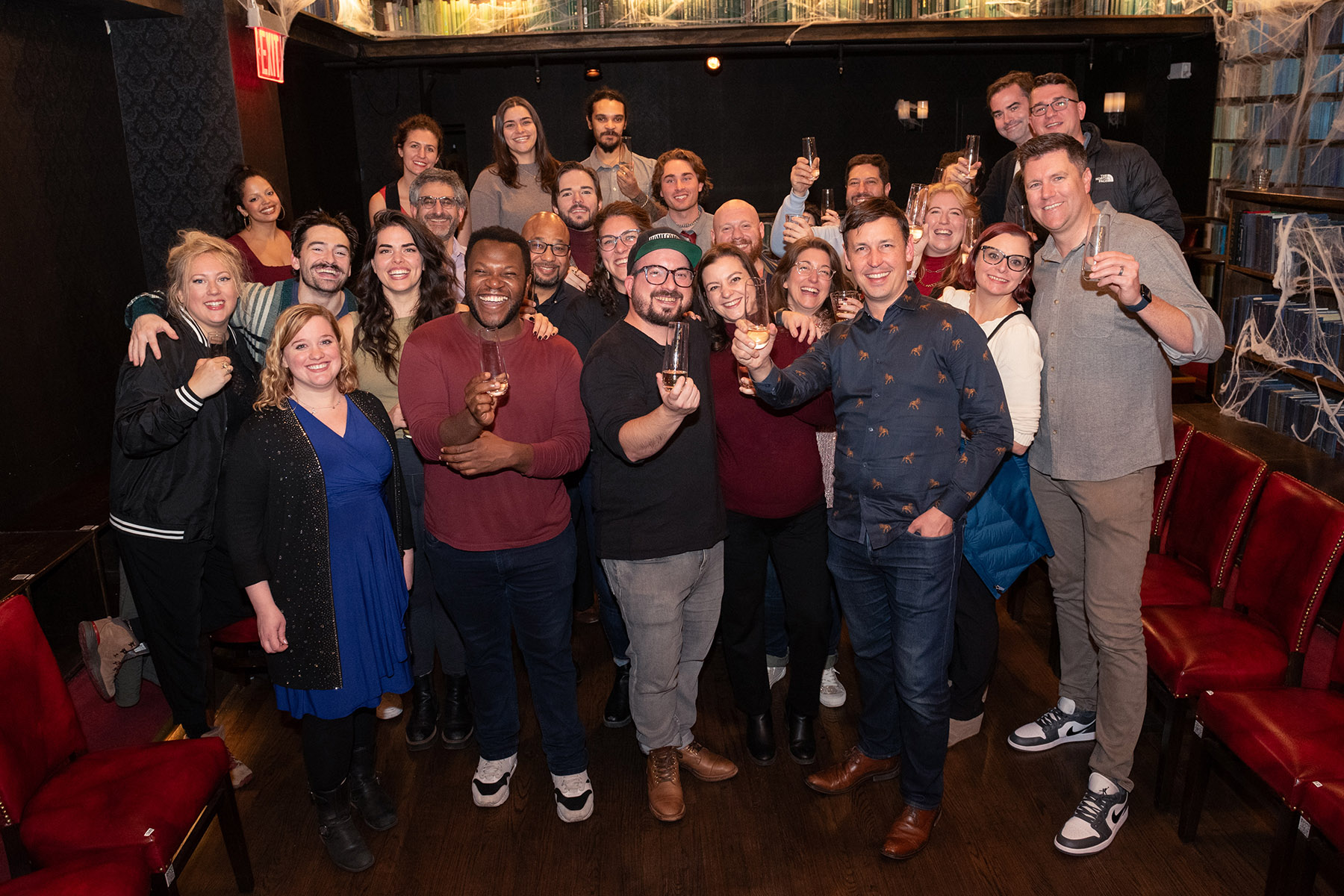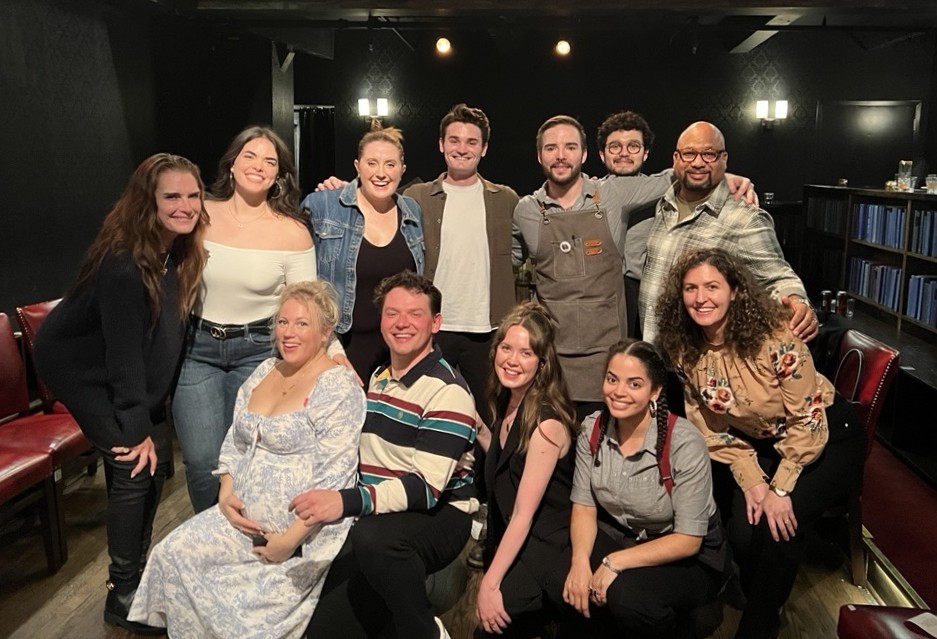The bargaining cycle is an evolutionary one, with each collective bargaining agreement ideally being an improvement on the last. But how does Equity start from zero, when there is no previous agreement upon which to build?
A lot of the process looks the same, or close to it. The negotiating team cannot include members who have worked previous cycles, or course, let alone previous committee members, but staff and officeholding members still supervise putting together the best team of workers who are going to use the CBA once it is ready.
A major difference with a new contract is that everything takes longer. First, the build up to negotiation can take more time because there is no previous agreement to revisit. However, Equity is not starting from scratch! Many terms are similar across Equity contracts, and the union can borrow or copy from similar CBAs to build the base of this first one. But it also takes a lot of listening to the workers of this new bargaining unit. They may have unique challenges to their workplace. For example, Drunk Shakespeare United (DSU), which got their first contract in 2024, is the first Equity workplace where drinking is a required part of the job on some days. That meant examining what was and was not working about the system before unionizing and brainstorming how to improve it.

Drunk Shakespeare United reaches the finish line! Equity members from the New York location and union staff celebrate with employers after ratifying the first Drunk Shakespeare contract, for four cities across the country. Photo by Michael Courier.
"The benefit of working with an employer who has never engaged with a union or participated in collective bargaining is a surprisingly simple one," said Equity Senior Business Representative David Kolen. "You don't need to reset tone, or exorcise ghosts of bargaining past or re-establish a relationship – you only need to be clear, direct and honest.
"It becomes a more genuine process, I suppose, a direct dialogue about what both parties need with an eye towards finding a path to get there. The challenge, of course, is that there's also no shared vocabulary, no history of problem-solving and no common understanding of 'how this worked before.' A mutual education component becomes necessary, with each party explaining how they approach their work, how they can best communicate their needs, and how to best serve the (inevitably long and arduous) process of first contract bargaining."
Negotiating almost always takes longer with first contracts, with less common ground and shared history between Equity and the employer. And if the employer has never negotiated a contract with any union, they could be on a learning curve that takes time. Equity may be educating them as to what is and is not appropriate at the bargaining table.
"With DSU in particular, it was interesting because some of the things I expected to be the biggest problems were the things that were actually working well," said Kolen. "Drunk Shakespeare had already established a pretty effective protocol around the drinking component of Drunk Shakespeare; we just had to tweak it to make it a little more consistent and a little more safe. The things that were challenges are the things that are challenging in almost every negotiation – compensation, benefits, scheduling, definitions around job duties, etc. To management's credit, they were very willing to listen to what absolutely wasn't working directly from the members, and then work with the bargaining team to craft solutions that were mutually tenable.

A few months into Drunk Shakespeare's first contract, Equity President Brooke Shields and Equity Executive Director Al Vincent, Jr. visited the New York City production.
"I won't lie and describe the process as sunshine and rainbows, but there was a very pragmatic element to these negotiations, with both parties acknowledging the realistic limits of what can be accomplished in a first contract. To me, the most exciting thing is thinking about negotiating their next contract, where we can identify all of the things that worked well and fix the ones that haven't."
Finally, ratification of a tentative agreement looks different the first time. While longstanding contracts go to National Council or a Regional Board for formal approval (except Production, League of Resident Theatres, Touring and Walt Disney World), this is an agreement that has been negotiated for a specific, extant group of workers. They are making the transition from a non-unionized workplace to a unionized one, and it is imperative they get final sign off that this has worked out the way they wanted. And so, the final voters on a first contract are the people in a bargaining unit who have become Equity members.
Then, in a few years' time, they will join the cycle of building on and improving their CBA.
This is part of a larger story on how Equity negotiates our Collective Bargaining Agreements.
